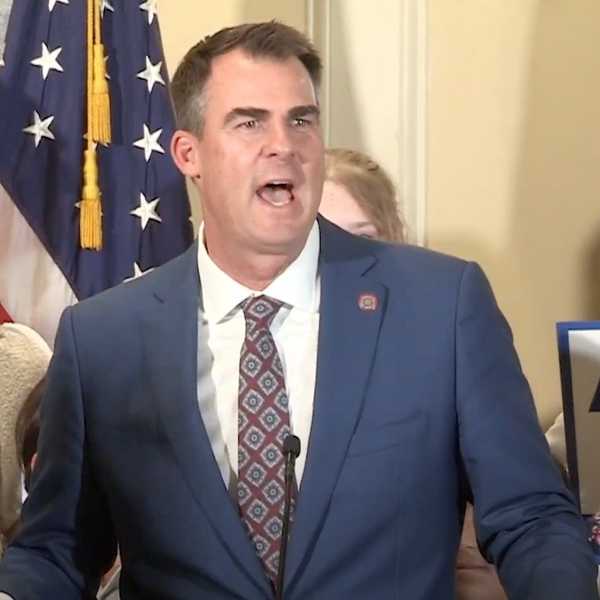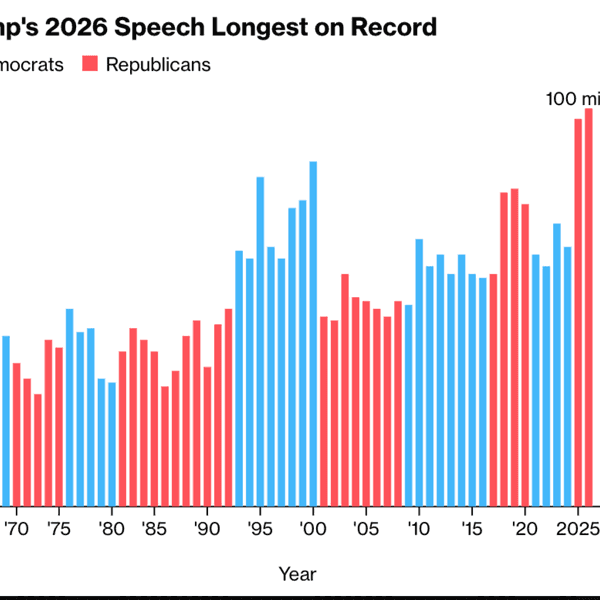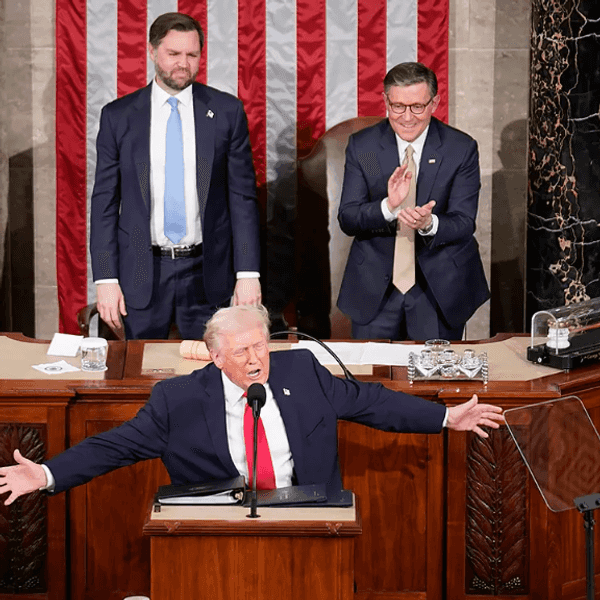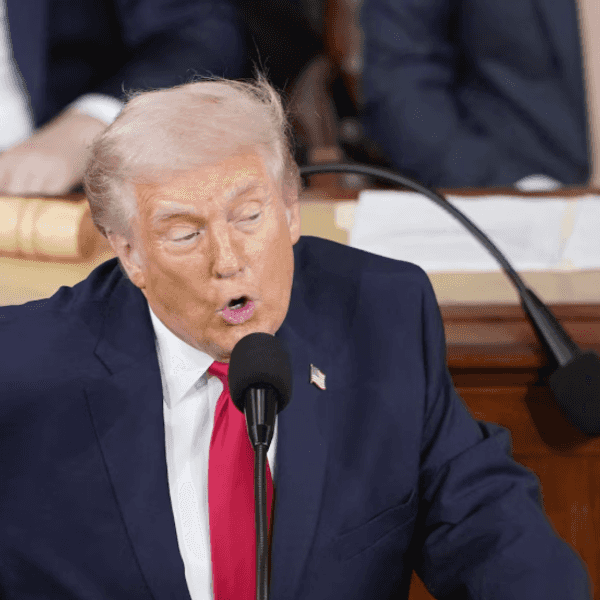Washington (AFP) – U.S. regulators agreed Tuesday to place tight controls on banks’ trading their own accounts, in an attempt to avoid the high-risk behavior that contributed to the 2008 financial crisis.
The long-awaited Volcker Rule, to be fully applied by July 21, 2015, also tightly limits banks’ investments in and involvement with hedge funds and private equity funds, also with the aim of distancing them from financially risky activities.
Five financial sector regulators including the Federal Reserve and the Securities and Exchange Commission voted to approve the rule after stiff resistance from banks which complained it would hamper a key source of their profits.
The banks will still be able to engage in some activities, like hedging positions and trading for clients, that overlap with sheer trading of their own assets to generate profits, regulators said, acknowledging the frequent overlap.
President Barack Obama, who has overseen efforts to reform Wall Street regulation to prevent another near-catastrophe like the 2008 crisis, said in a statement that the U.S. financial system “will be safer and the American people are more secure because we fought to include this protection in the law.”
“The Volcker Rule will make it illegal for firms to use government-insured money to make speculative bets that threaten the entire financial system, and demand a new era of accountability from CEOs who must sign off on their firm’s practices,” he said.
Named after Paul Volcker, a former chairman of the Fed who has advocated tougher controls on banks, the new rule is a key part of the much broader Dodd-Frank legislation crafted after the economic crash to prevent future financial crises.
“This provision of the Dodd-Frank Act has the important objective of limiting excessive risk taking by depository institutions and their affiliates,” said current Fed Chairman Ben Bernanke, in a statement ahead of the vote. “Getting to this vote has taken longer than we would have liked, but five agencies have had to work together to grapple with a large number of difficult issues and respond to public comments.”
The rule will block, for instance, the kind of complex derivatives trading strategies that lost JPMorgan Chase some $6.2 billion in the “London Whale” trading debacle in early 2012.
But it could also mean a drop in income to banks like Goldman Sachs and Morgan Stanley, where the so-called “prop trade” — proprietary trade of their own money — has been an important profit center.
Banks toughly argued against the rule, but had already pulled back their activities in expectation that it would be approved.
Frank Keating, head of the American Banking Association, blasted the new rule as too complex and onerous for implementation and “ultimately unworkable in the U.S. marketplace.”
“The exceptionally elusive task of defining, disentangling and dissecting permissible from prohibited activities surely posed a monumental challenge for regulators, but that challenge will be revisited tenfold upon bank customers and on the bankers who must comply,” he added.
Keating warned that the toughness of the rule could force some of their business into the hands of competitors offshore.
Regulators acknowledged the complexity and the need for some tolerance of activities that can be seen as both tactical investment trading for gains and normal asset management and hedging.
“The fundamental challenge is to distinguish between proprietary trading, on the one hand, and either market-making or hedging, on the other,” said Daniel Tarullo, a governor of the Federal Reserve.
But industry critics say the rule is not tough enough, and that the US should return to the Depression-era Glass-Steagall Act which created a wall between commercial and investment banking businesses.
The two sides were kept separated mainly because the government guaranteed deposits in the banks, and wanted to protect that from risks in the other businesses.
That rule was repealed in 1999 in a push for deregulation, a move which critics said led straight to the financial crisis and the need for the government to rescue dozens of banks.
“The Volcker Rule represents Glass-Steagall-lite. It cannot work because it avoids doing what Glass-Steagall did — creating a ‘bright line’ rule separating what was permissible from what was forbidden,” said William Black, a former regulator and economics professor at the University of Missouri-Kansas City.








